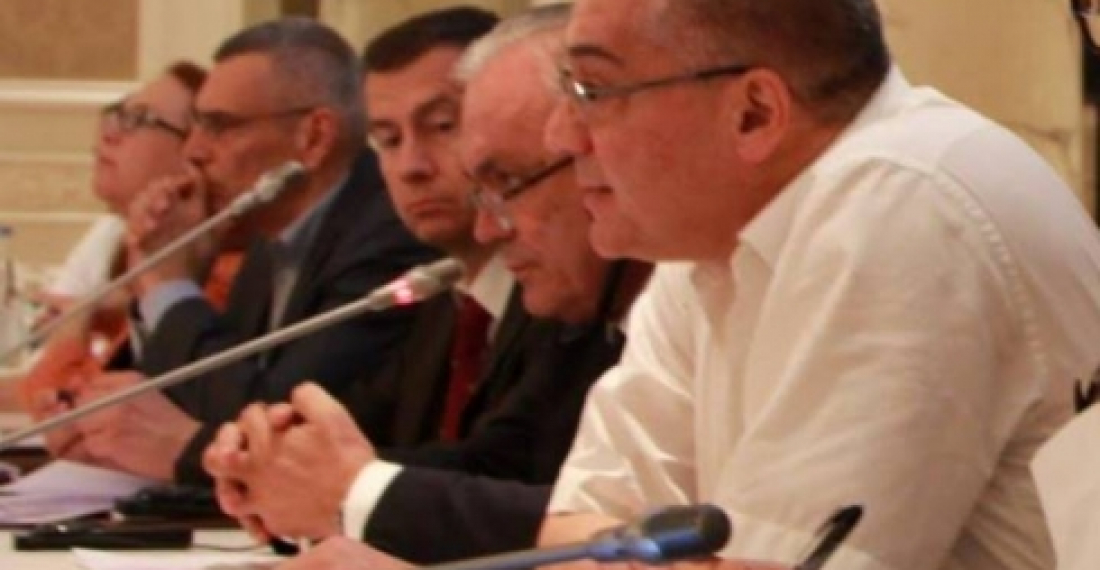Azerbaijan's outspoken Deputy Foreign Minister, Araz Azimov, has accused the three co-Chair countries of the OSCE Minsk process of monopolizing the process at the expense of the other members of the group, and said that this limits the effectiveness of the group. He however said that Azerbaijan remains committed to the Minsk Process as the mechanism to help resolve the Nagorno-Karabakh conflict and does not want to change its composition.
Deputy Foreign Minister Araz Azimov said he is against the replacement of the Minsk Group's format and gave three reasons: "First of all, the leading members of the world community are represented in the Minsk Group. Secondly, the UN Security Council's resolutions of 1993 refer to the Minsk Group. Our positions are based on these resolutions and if the Minsk Group is changed it would weaken these resolutions. And finally, the Minsk Group's format eliminates the participation of Nagorno-Karabakh Armenians in the process. Azimov said both the Azerbaijani and the Armenian communities of Nagorno-Karabakh can contribute to the process by voicing their positions, but are not part of the decision making process."
The three co-Chair countries of the Minsk Group are France, Russia and the United States. other members of the Minsk group include Germany, Italy, Finland and Turkey. The Minsk group was constituted in 1992 within the framework of the OSCE and is recognised by the international community as the only format empowered to find a resolution to the Nagorno-Karabkah conflict.
source: commonspace.eu with agencies.
photo: Araz Azimov, the Deputy Foreign Minister of Azerbaijan, (archive picture).







